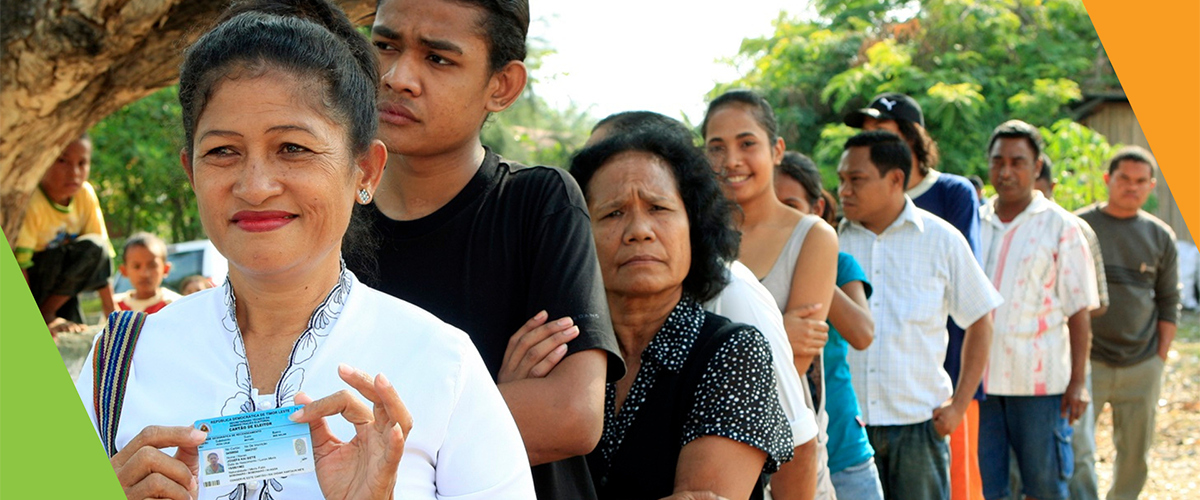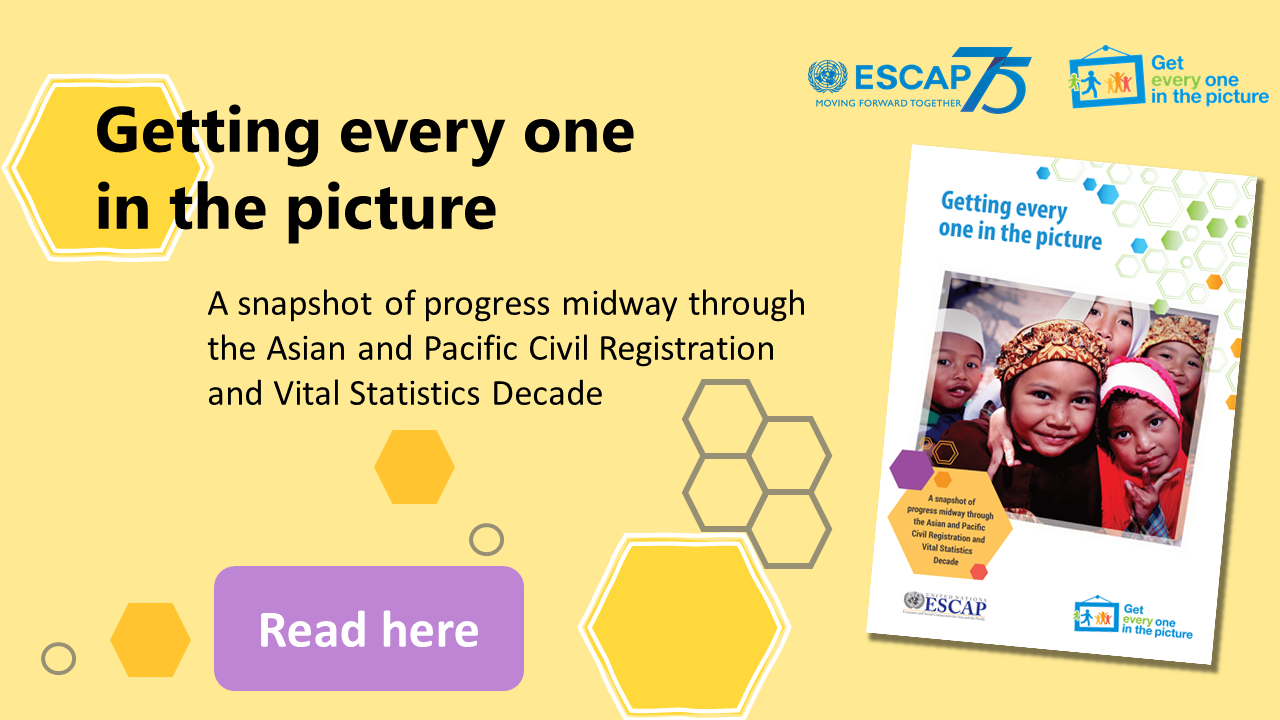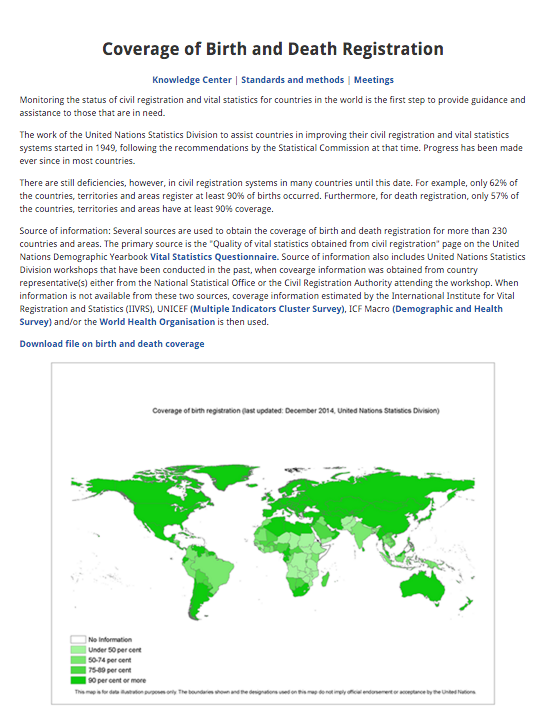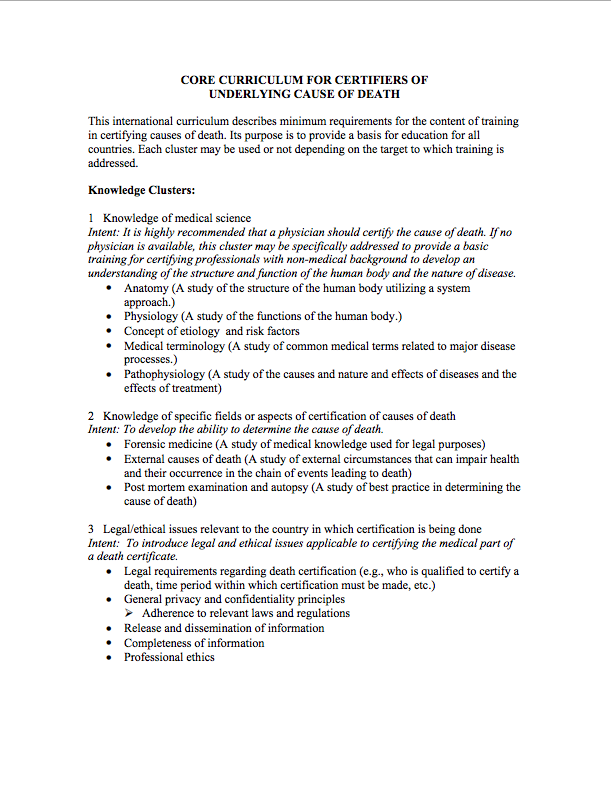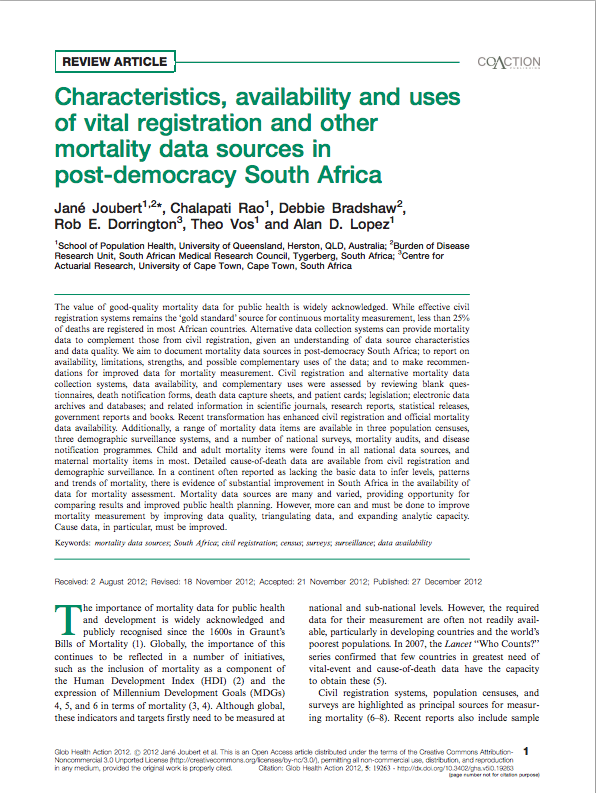Dictionary for Civil Registration and Identification
This dictionary aims to broaden the understanding of the concepts and terms pertaining to civil registration and identification, and thus contribute in a small way to accurate and concise communication in this area. This dictionary is an attempt to develop a common understanding of existing terminology and terms that have not been described anywhere else by combining them all in one document.



